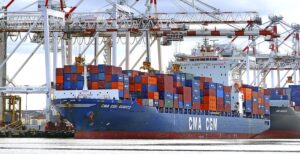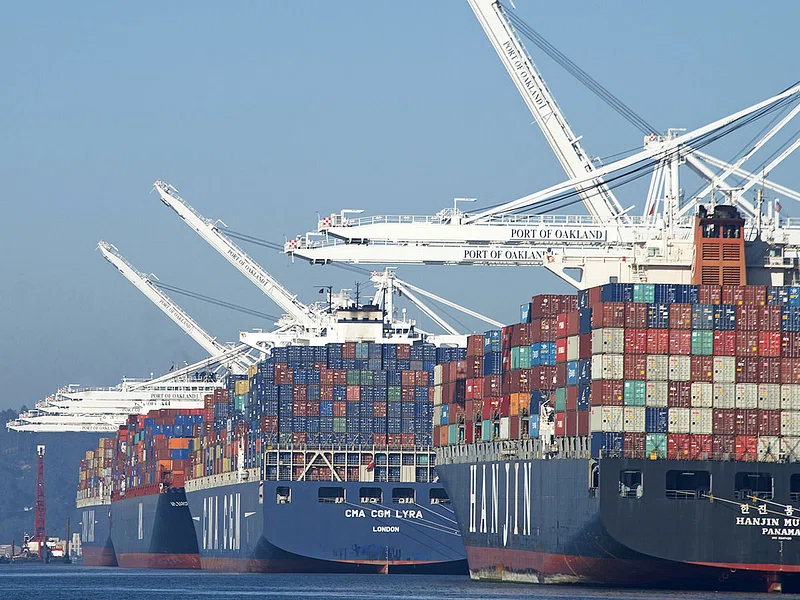|
Getting your Trinity Audio player ready...
|
Supply chain disruptions: The global trade and industry are encountering a fresh challenge due to Red Sea attacks, a crucial pathway for cargo movement between Asia and Europe, faces growing insecurity due to attacks by Yemeni rebels on shipping vessels.
These assaults have compelled certain shippers to redirect their vessels onto longer and more costly routes, impacting consumers worldwide who depend on imported and exported goods.
Shipping challenges: Former chairman of the Pakistan Ship Agents Association, Mohammad Rajpar, revealed that Houthi militants’ attacks have led to a surge in freight charges. Major shipping lines have imposed a $1,500 surcharge, resulting in an almost 100% increase in freight rates. Rajpar cautioned that the situation might deteriorate in the next six to 12 months without assurances of security and welfare for seafarers.

Although trade between Pakistan, China, and the Far East is anticipated to remain unaffected, trade with European and American countries via the Red Sea could confront significant delays and challenges.
Concerns have been voiced by some businessmen, suggesting that ocean freight costs could escalate to $5,000 per container if commercial ships opt for the alternative route via the southern tip of Africa, bypassing the Suez Canal. This alteration could extend arrival times by up to 20 days and elevate fuel costs.
Global Trade Impact: The Suez Canal, a critical waterway connecting the Mediterranean Sea and the Red Sea, significantly shortens the distance between Asia and Europe. However, during crises, some shipping lines prefer the longer route via Cape Town to avoid the risk of attacks.
This potential shift could adversely affect the prices of both imported and exported goods, requiring exporters to maintain larger inventories of raw materials to cope with delays.
According to a Reuters report, Denmark’s Maersk announced its preparations to resume shipping operations in the Red Sea and the Gulf of Aden. This decision is attributed to the deployment of a US-led military operation aimed at ensuring the safety of commerce in the region. Maersk had temporarily halted vessel movements through the Bab el-Mandeb strait in December due to attacks on its ships.
The United States, on December 19, declared the initiation of a multinational operation to safeguard trade in the Red Sea from Yemeni rebels. These rebels have been launching drones and missiles at international vessels, citing a response to Israel’s actions in Gaza.
Read More: Dusk News Business

